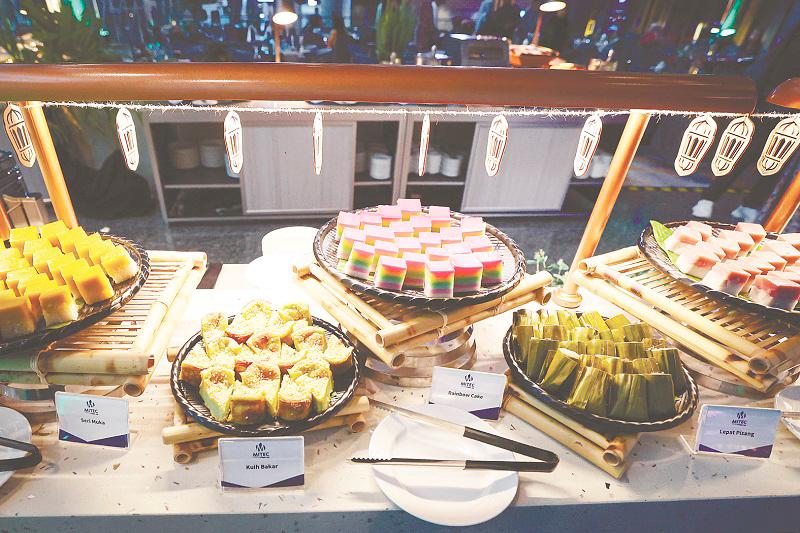AS a coffee lover, I have visited many cafes in Malaysia, always looking for the perfect cup of coffee.
From small hidden gems to stylish hipster cafes, each place has its own unique way of serving coffee.
However, one thing I have noticed is that
most of these cafes offer the same type of food to go with coffee. Almost every menu features croissants, muffins or cakes but rarely do I see traditional Malaysian delicacies. This made me wonder. Why are our local snacks not given the same attention as Western pastries?
Malaysia has many delicious traditional delicacies, from kuih to fried snacks and steamed desserts. These have been enjoyed for generations, yet many modern cafes do not include them on their menus. Instead, they mostly serve Western-style pastries. While croissants and cakes are delicious, they do not represent the flavours of Malaysia.
Imagine walking into a cafe and seeing options like apam balik with its crispy edges and sweet peanut filling or a warm banana fritter that pairs beautifully with a hot cup of coffee.
Sarawak layer cake with its vibrant colours and rich flavours, would make an eye-catching
and tasty addition to any cafe menu. Even cakoi, the local version of fried dough sticks, could be served with a cup of coffee for a simple yet satisfying snack.
By offering more local options, cafes can create a unique identity and give customers something special to enjoy with their coffee.
Some people may wonder if kuih and coffee make a good pair. The answer is yes. Just like croissants go well with cappuccino, many types of Malaysian kuih can match perfectly with different coffees.
For example, a strong Americano can balance the sweetness of kuih ketayap, a pandan crepe filled with coconut and palm sugar. A smooth and creamy cappuccino can pair well with seri muka as both have a rich texture. Kuih bahulu, with its soft and airy texture can be a perfect match for a hazelnut latte, adding a light sweetness to the nutty flavour of the coffee.
For those who enjoy flavoured coffees, a salted caramel latte would be a great companion to apam balik. The sweet and salty notes of the coffee complement the crispy peanut-filled pancake.
A mocha, with its chocolatey taste, can go well with Sarawak layer cake, enhancing its rich and buttery flavours. Even a simple caffe latte can be a great match for banana fritters or cakoi as the mild coffee taste allows the crispy fried treats to shine.
By trying different delicacies with different coffees, cafes can create exciting new flavours and experiences for their customers.
Some cafes in Malaysia have started using local ingredients like pandan, gula Melaka and coconut in their drinks and desserts. This is a good step, but why not go further and serve traditional kuih?
If more cafes introduce Malaysian delicacies, it will not only make their menus more unique but also help small kuih businesses survive.
Many traditional kuih makers are finding it hard to compete with modern bakeries. By including kuih in cafes, more people, especially young customers can enjoy and appreciate these local treats.
This is also a great opportunity to introduce Malaysian flavours to visitors from other countries. Many travellers who love coffee visit cafes when they come to Malaysia.
If cafes offer local delicacies instead of only Western pastries, tourists will have a chance to experience our traditional desserts along with their coffees.
Treats like lepat pisang, a steamed banana leaf-wrapped dessert or a beautifully layered Sarawak cake can give visitors a unique taste of Malaysia’s diverse food culture.
Pairing coffee with Malaysian delicacies is a simple idea but can make a big difference. It will allow Malaysians to enjoy their coffee while celebrating their own food culture, creating a cafe experience that truly represents Malaysia.
Next time you visit a cafe, ask yourself: Wouldn’t a delicious apam balik taste just as good with coffee as a croissant? Maybe, it is time for our traditional treats to get the attention they deserve.
Syed Azman Syed Ismail
Postgraduate Student
Faculty of Education
Universiti Kebangsaan Malaysia









